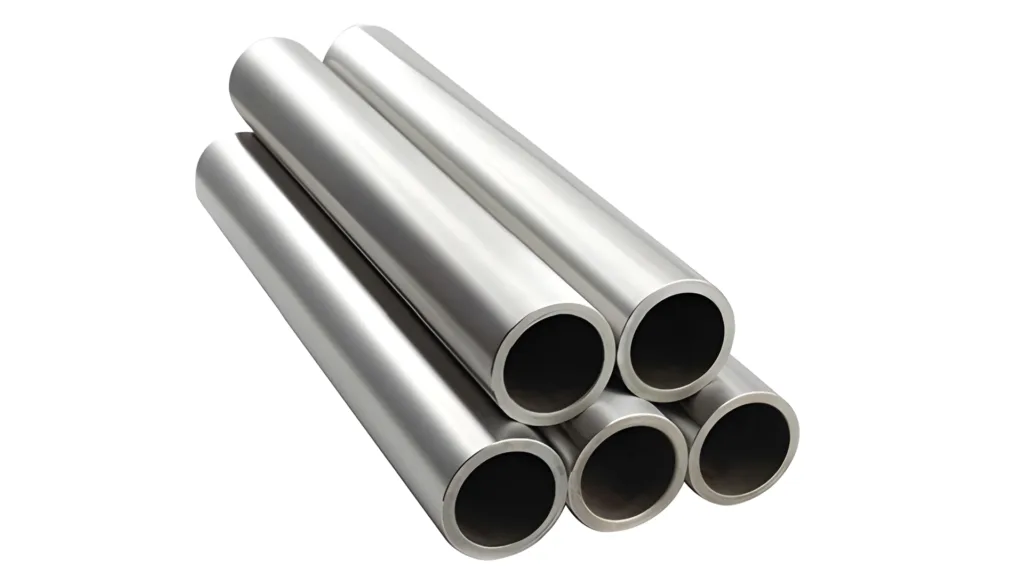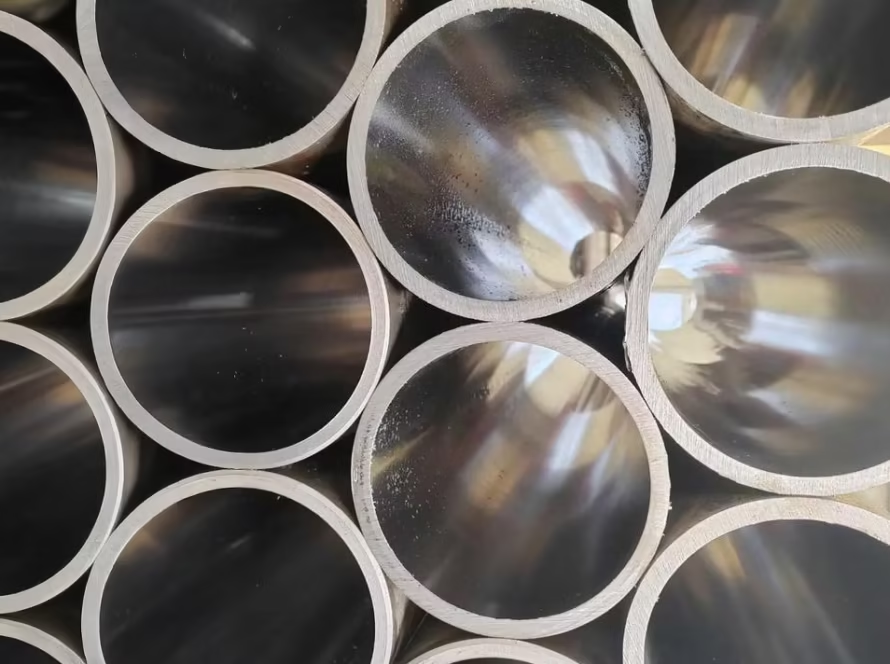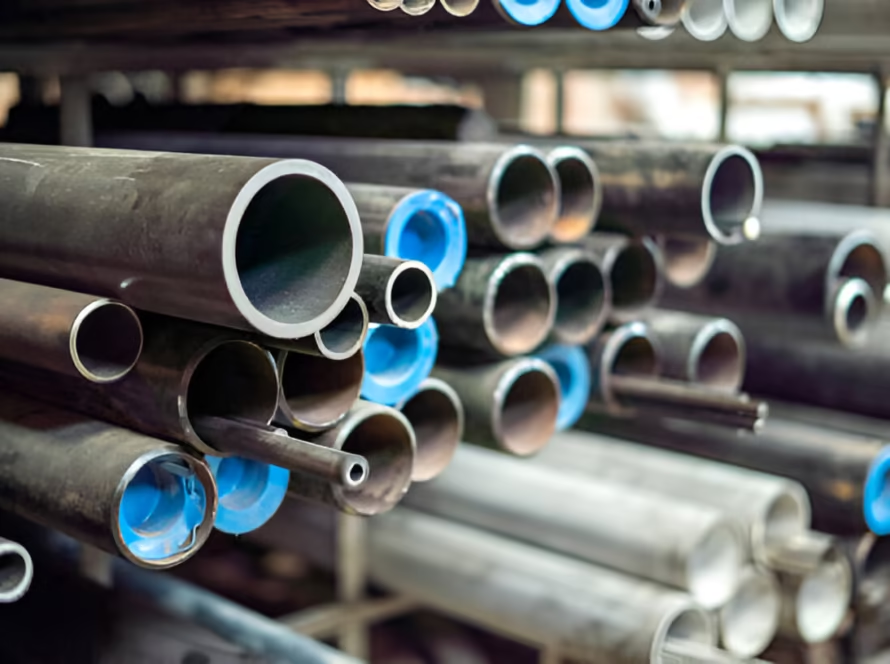Introduction
Pipes are essential components in various industries, including construction, oil and gas, and manufacturing. Two common types of pipes used in these industries are carbon steel pipes and alloy steel pipes. While they may appear similar, there are distinct differences between the two. This article aims to explore these differences and provide a comprehensive understanding of carbon steel pipes and alloy steel pipes.
1. Question: What are the composition variations between carbon steel and alloy steel pipes?
Carbon steel pipes primarily consist of iron and carbon, with carbon content ranging from 0.06% to 1.5%. On the other hand, alloy steel pipes are made by adding various alloying elements to carbon steel, such as manganese, chromiu
m, nickel, or molybdenum. These alloying elements enhance the mechanical properties of the steel, making it more suitable for specific applications.
2. Question: How do carbon steel and alloy steel pipes differ in terms of strength and durability?
Carbon steel pipes have good strength and durability, making them suitable for general-purpose applications. However, alloy steel pipes offer superior strength and durability due to the presence of alloying elements. The addition of these elements enhances the steel’s resistance to corrosion, high temperatures, and pressure, making alloy steel pipes ideal for demanding environments such as oil refineries and chemical plants.
3. Question: What are the c
ost implications of using carbon steel pipes versus alloy steel pipes?
Carbon steel pipes are generally more cost-effective compared to alloy steel pipes. The manufacturing process for carbon steel pipes is simpler and requires fewer alloying elements, resulting in lower production costs. Conversely, alloy steel pipes require additional alloying elements, which can increase the overall cost. The specific application and required properties should be considered when deciding between carbon steel and alloy steel pipes, as the cost difference may be justified by the enhanced performance of alloy steel in certain scenarios.
Conclusion
In conclusion, carbon steel pipes and alloy steel pipes differ in terms of composition, strength, durability, and cost. Carbon steel pipes are primarily composed of iron and carbon, while alloy steel pipes contain additional alloying elements. Alloy steel pipes offer superior strength and durability, making them suitable for demanding environments. However, carbon steel pipes are more cost-effective due to their simpler manufacturing process. Ultimately, the choice between carbon steel and alloy steel pipes depend
s on the specif
ic requirements of the application and the desired performance characteristics.








5 Comments
escape room lista
hey there and thank you for your information – I have definitely picked up something new from right here.
Well I am adding this to my email and could look out for much more of your respective intriguing content.
Make sure you update this again very soon
Rosaura.mawby
Remarkable issues here. I am very satisfied to look your post.
Thank you a lot and I’m looking ahead to touch you. Will you kindly drop me a mail?
Blainewilmot
I have been exploring for a little bit for any
high-quality articles or blog posts on this sort of space .
Exploring in Yahoo I at last stumbled upon this web site. Reading
this info So i am happy to show that I’ve an incredibly excellent uncanny feeling I came upon exactly
what I needed. I so much surely will make certain to don?t forget this
site and provides it a look on a continuing basis.
torichtubes1@gmail.com
Thank you very much for your comments. We will continue to update steel industry knowledge.
Wendy
I really enjoy reading your blog and look forward to your new updates.